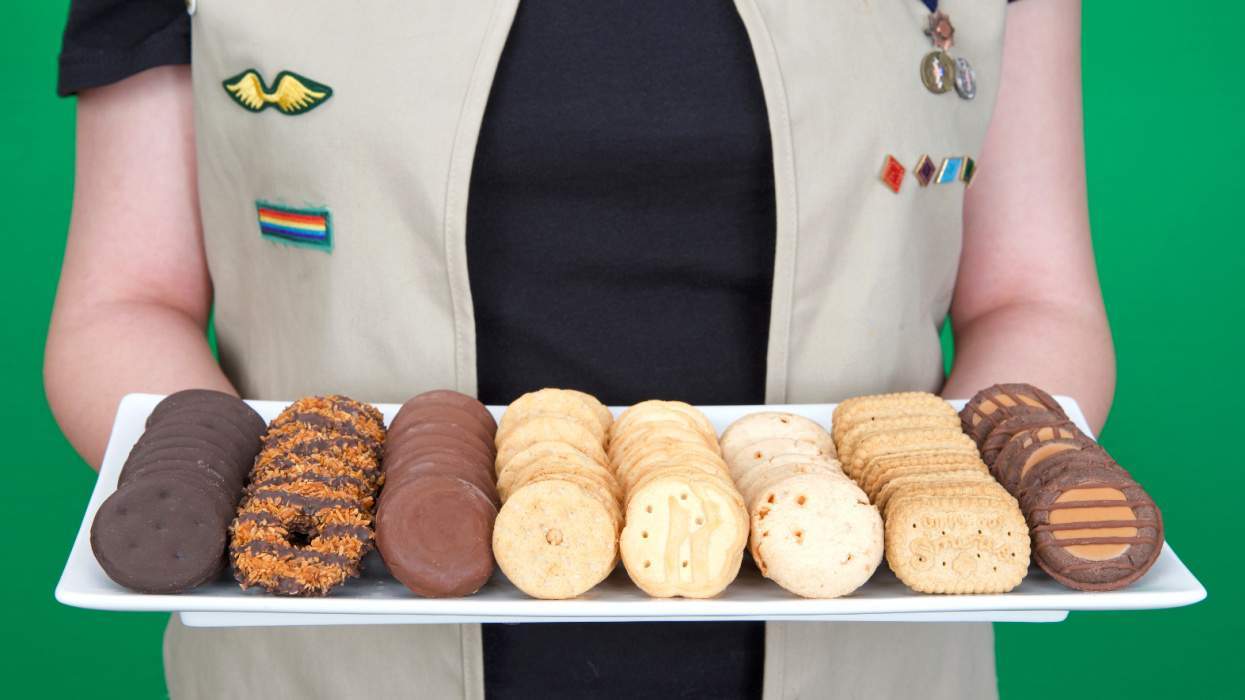New data from BusyKid, an app that parents use to track and distribute allowances for their children, found that the average boy made $13.80 a week, while girls made only $6.71.
"It was interesting and shocking to see how much of a difference in pay there was between boys and girls in our network," Gregg Murset, the CEO of BusyKid. told CNN. "This is an important wake-up call for parents to be cognizant of what they are paying to make sure they are being as fair as possible."
Murset asserted that parents probably aren't intentionally paying their daughters less, but the platform shows that sons are indeed earning more. The data also show that boys are given more opportunities to earn cash, as parents place a higher value on chores traditionally given to boys.
"There's a difference when it comes to the types of chores that boys and girls typically do. Let's say cleaning the bathroom versus mowing the lawn," Murset says. "Harder jobs typically require a little bit more pay. If you're going to mow a lawn for three hours, that's a beast, a tough job. Maybe us as parents are giving our girls chores in the house that don't take two or three hours outside, and there's a difference in the pay scale."
Yasemin Besen-Cassino, author of The Cost of Being A Girl had a different take.
Her research found that boy babysitters earned more money than girl babysitters because they were seen as "older brother figures" as compared to "natural caretakers." Although they were paid less, girl babysitters more often asked to stay later or do extra chores. Besen-Cassino found that even though most girls knew they should ask for a raise, they didn't because they feared offending their employers and losing their jobs.
"We put this extra pressure on girls, especially the ones who do care work, that money is in opposition to care," Besen-Cassino told CNN. "That would translate to chores as well, that they would be seen as not helping the family. The minute something is monetized for women, it's seen as not loving and caring and being a team player."
The data collected also had another interesting trend. According to BusyKid's analysis of how allowances are spent, although boys are earning more, they spend more on themselves, while girls donate more dollars to charity.
"This is a really great opportunity for parents to start thinking about what they're doing and what message they're sending," Mursett says.
Who knew the gender pay gap begins in elementary school?















Charlie Kirk DID say stoning gay people was the 'perfect law' — and these other heinous quotes
These are some of his worst comments about LGBTQ+ people made by Charlie Kirk.